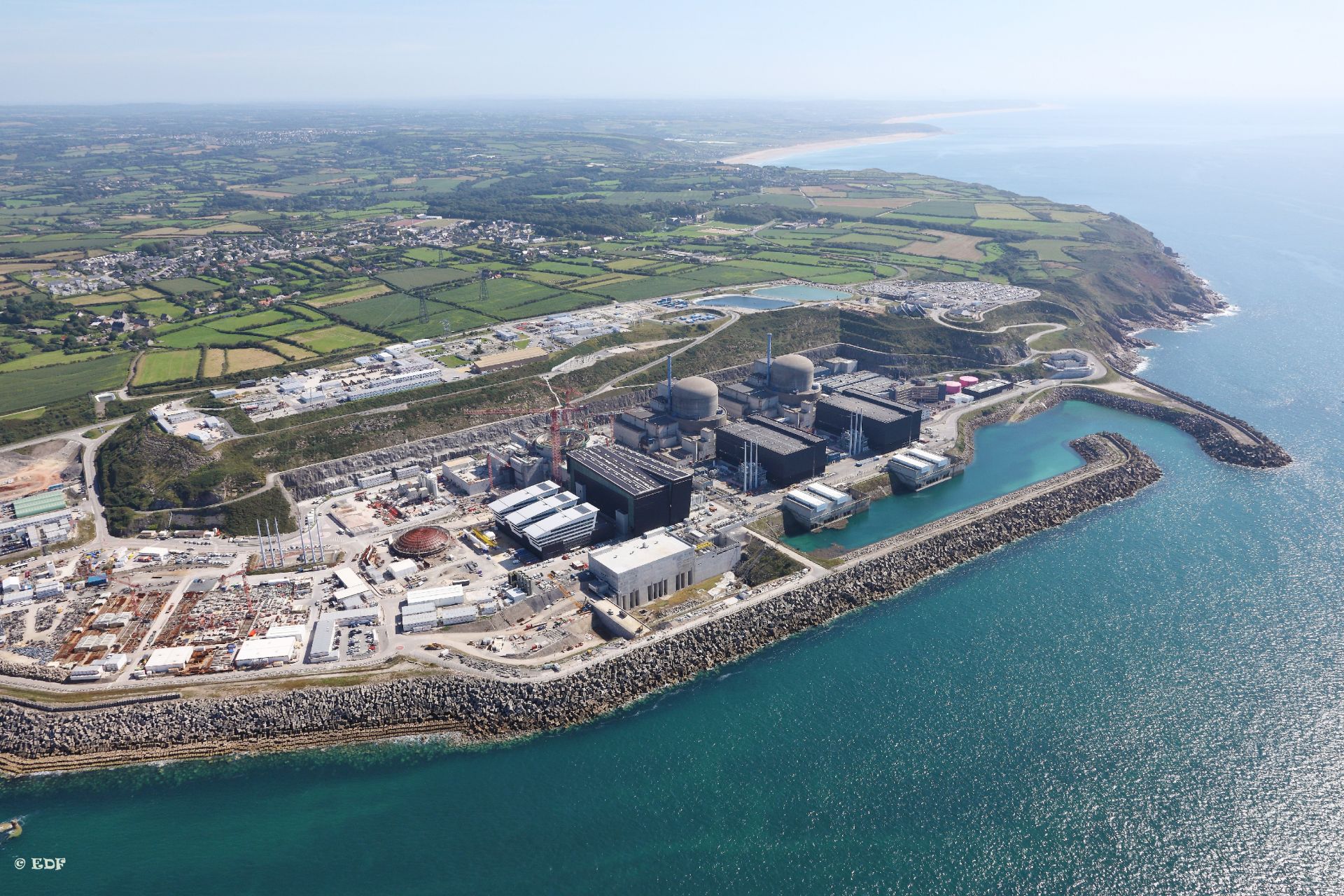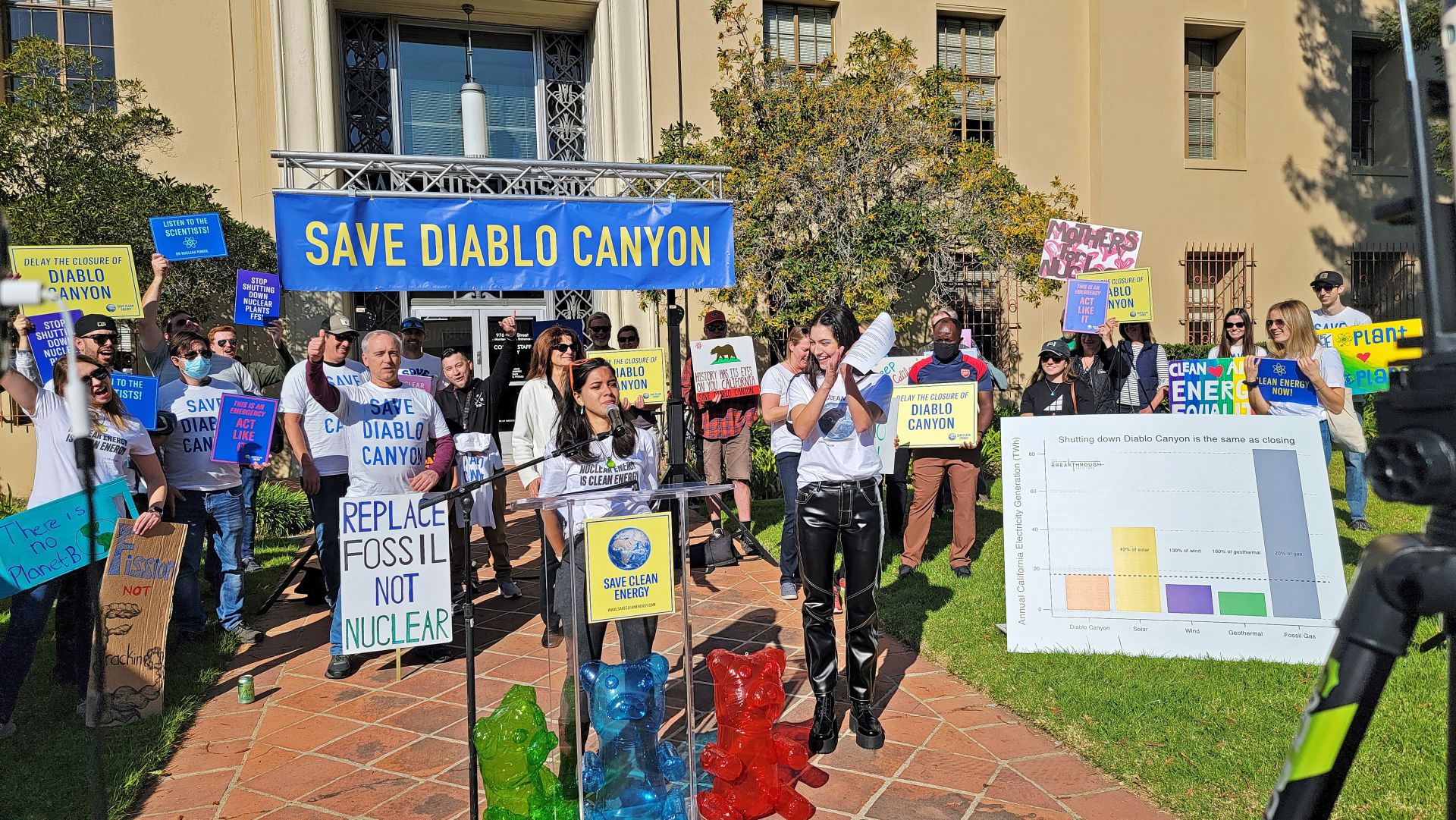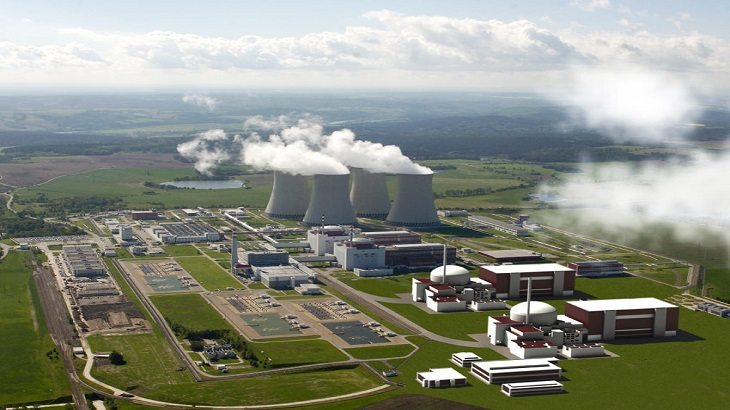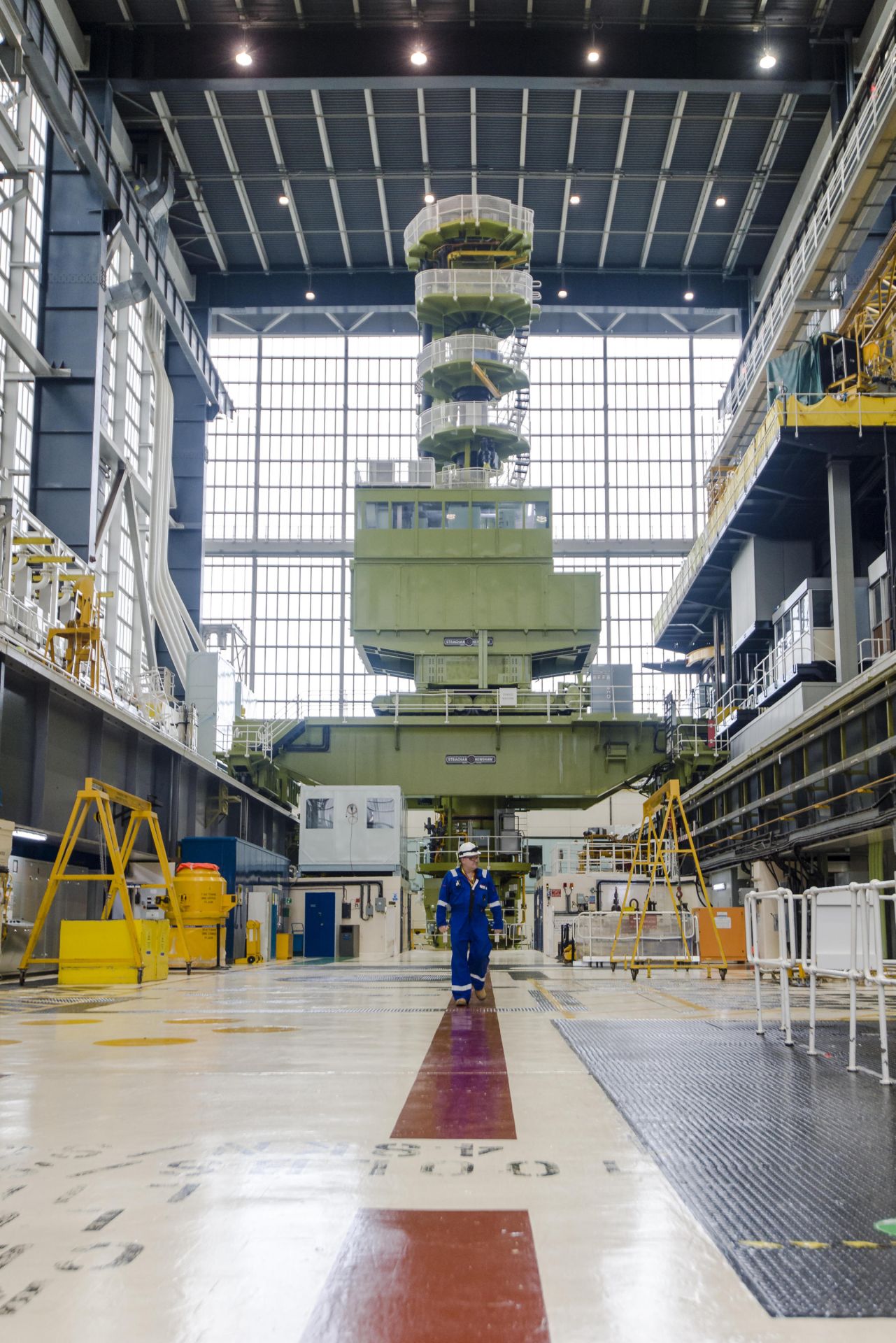The first steel ring section of the Unit 2 reactor building was installed in November 2021. (Photo: EDF Energy)
The United Kingdom’s Office for Nuclear Regulation (ONR) has granted permission for the start of bulk mechanical, electrical, and HVAC component installation work at the Hinkley Point C site in Somerset, England, where two 1,630-MWe EPRs are under construction. Thus far, most of the activity at Hinkley Point C has been in the field of civil construction.
This new phase, according to ONR, will require a workforce of up to 4,000 during peak times, including welders, pipe fitters, and electricians. The work is to be accomplished over a three-year period, with NNB Genco—the EDF Energy subsidiary set up in 2009 to build and operate Hinkley Point C—teaming up with four suppliers: Balfour Beatty Bailey, Doosan, Cavendish, and Altrad.
This image is described by the Alaska Center for Energy and Power as a conceptual layout of a generic small modular reactor or microreactor. (Image: ACEP)
Alaska Gov. Mike Dunleavy (R.) introduced “An act relating to microreactors” (SB 177) in the Alaska state legislature on February 1 that would modify existing state law on nuclear energy by specifying that microreactors are not subject to certain nuclear reactor siting and permitting regulations in Alaska. The bill defines a microreactor as an advanced nuclear fission reactor that would be capable of generating no more than 50 MWe.
In a photo from November 2021, the Vogtle plant’s Unit 4 is in the foreground, and Unit 3 is in the center. Units 1 and 2, which entered service in the 1980s, are shown at the top of the photo. (Photo: Georgia Power)
A spokesperson for Georgia Power has confirmed that the projected in-service date for the new Vogtle-3 reactor remains the third quarter of 2022, according to an article published on January 27 on the Power magazine website. The in-service date for Vogtle-4 is targeted for the second quarter of 2023, the spokesperson said.
From left: Nigel Cann, delivery director at Hinkley Point C, Helen Whately MP, Kwasi Kwarteng MP, and Jean-Bernard Lévy, chairman and chief executive officer of EDF. (Photo: EDF)
Despite last year’s announcement from EDF Energy that the startup of Unit 1 at Hinkley Point C would likely be delayed (from late 2025 to June 2026), current progress at the site is receiving praise from the U.K. government.
On January 13, Kwasi Kwarteng, secretary of state for business, energy, and industrial strategy, and Helen Whately, exchequer secretary of the treasury, toured the nuclear new-build project, accompanied by Jean Bernard Lévy, EDF’s chairman and chief executive.
The Flamanville nuclear power plant in France.
France’s Flamanville-3 project, plagued by schedule setbacks and cost overruns for well over a decade (construction of the unit commenced in December 2007), will be delayed a bit longer and cost a bit more.
Électricité de France announced yesterday that fuel loading at the 1,600-MWe EPR has been pushed back from the end of this year to the second quarter of 2023. The delay increases the project’s cost at completion from €12.4 billion (about $14.2 billion) to €12.7 billion (about $14.5 billion), more than four times the initial estimate of €3.3 billion, according to EDF.
Pro-nuclear groups rallied to keep Diablo Canyon open beyond 2025 in front of the San Luis-Obispo County Courthouse in California on December 4, 2021. (Photo: Save Clean Energy)
Over the past couple of months, the nuclear community has participated in a grassroots effort to save the Diablo Canyon nuclear power plant from premature closure—and it appears to be having an effect. The growing support for keeping Diablo Canyon open is seen in editorials, an academic study from Stanford/MIT, and a grassroots rally held in December 2021 to show support for keeping Diablo Canyon operating.
The Temelin nuclear power plant in Czech Republic.
In a wide-ranging “program statement” laying out its policy priorities, the Czech Republic’s new, center-right government has endorsed nuclear energy and renewables and called for power generation from coal to be phased out by 2033.
The final version of the statement was released on January 7 by the five-party coalition government, sworn into office last month and led by Prime Minister Petr Fiala, head of the Civic Democratic Party.




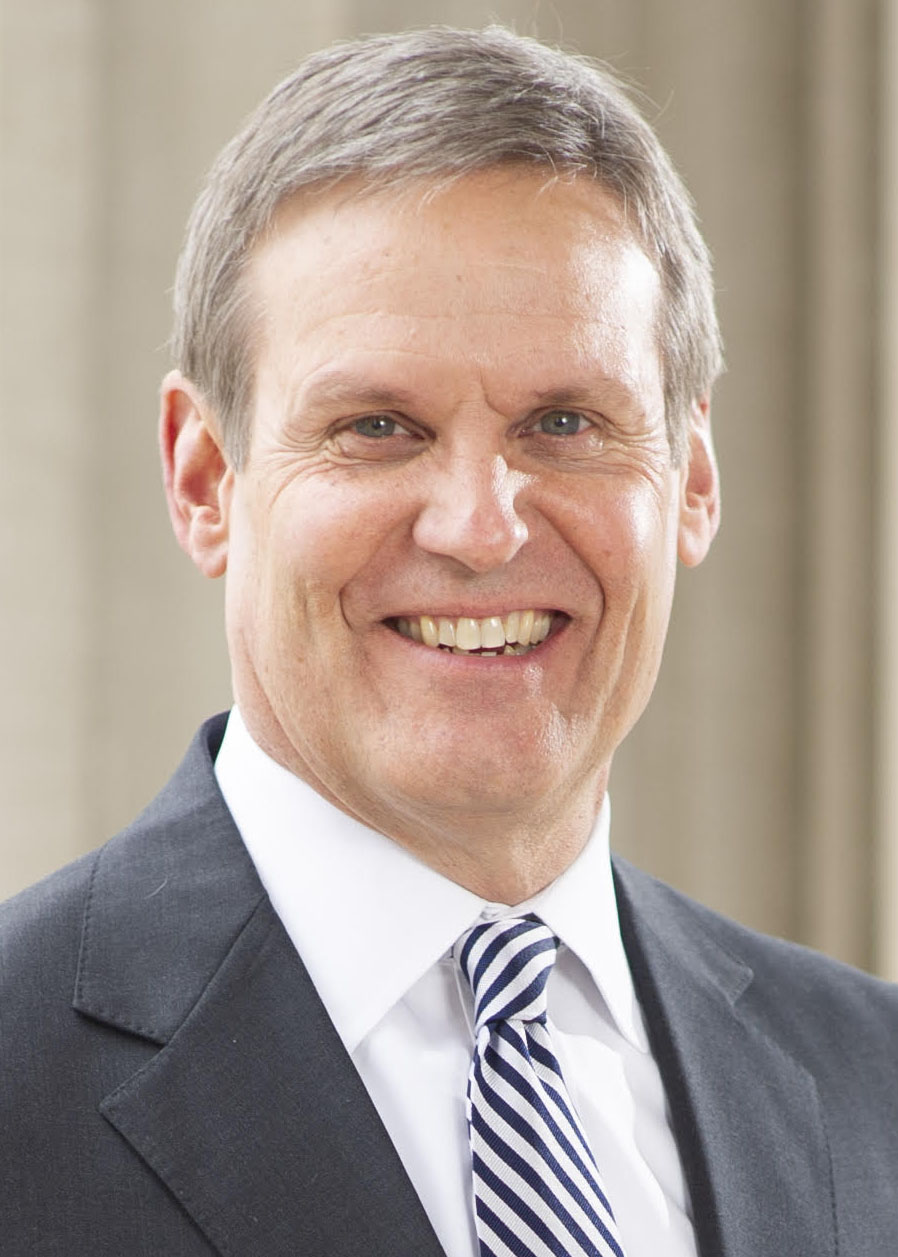
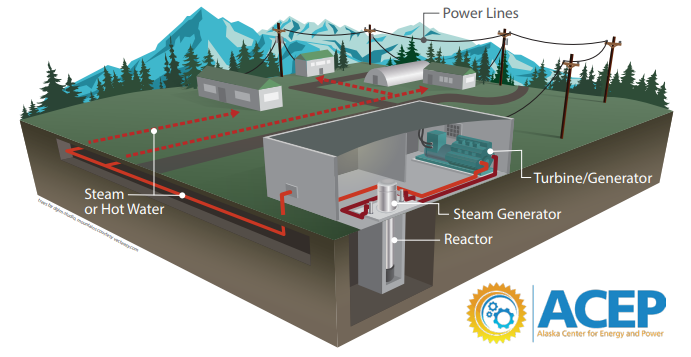
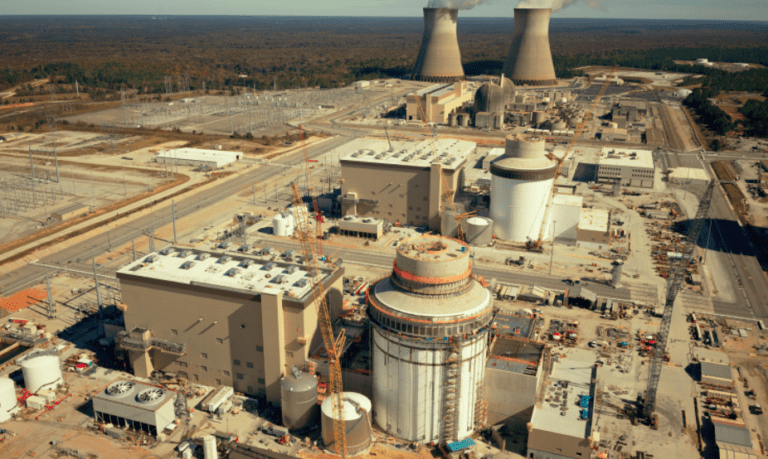
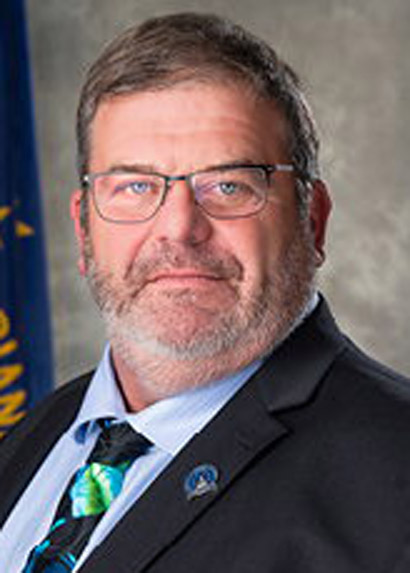
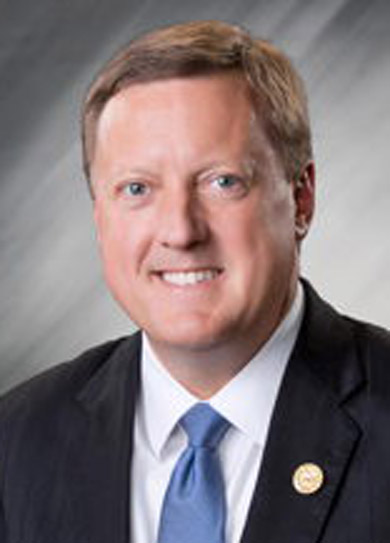
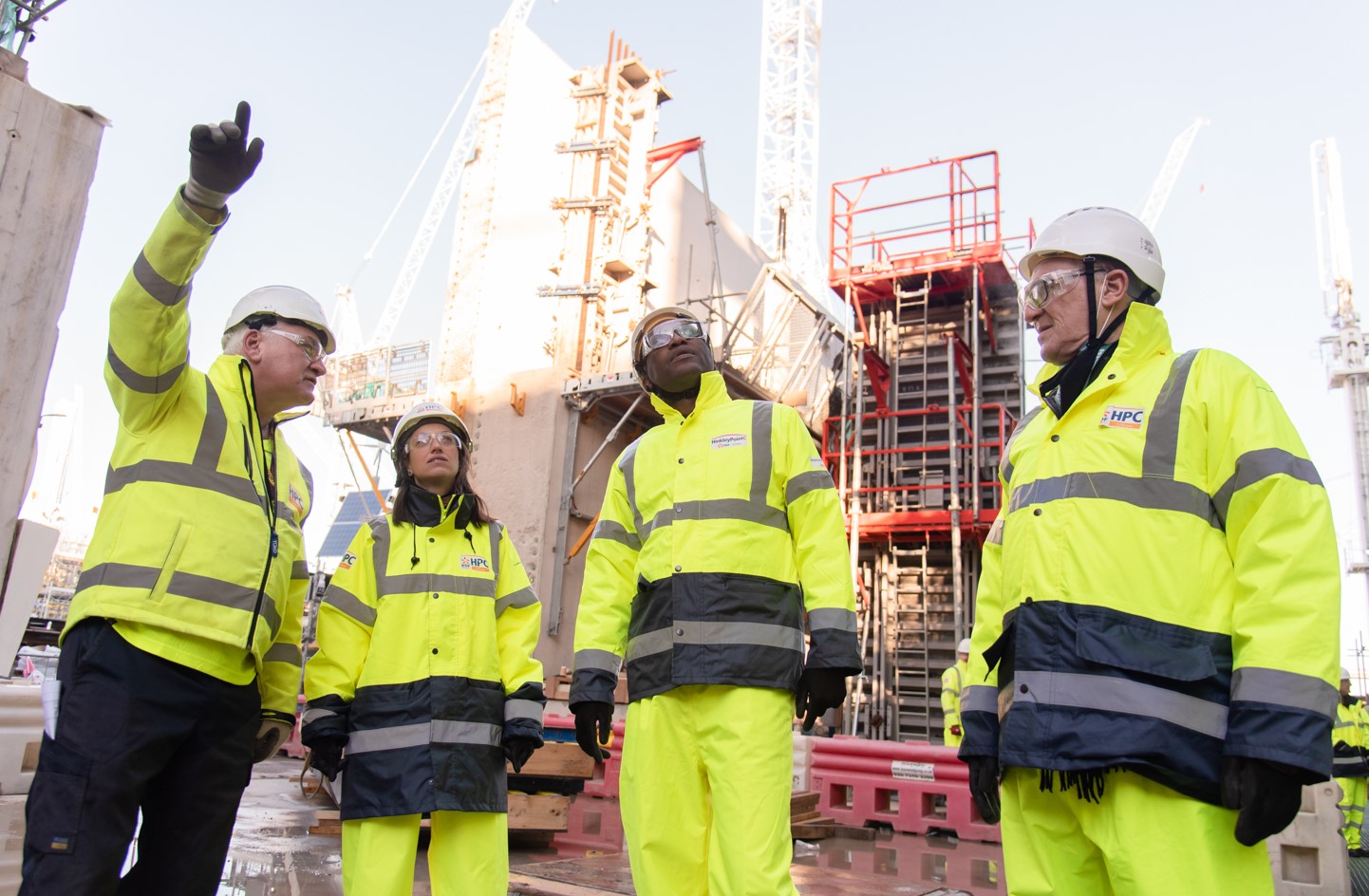
 The International Energy Agency’s newly published in-depth review of Canada’s energy policies, the first since 2015, urges the nation’s government to take more action in support of nuclear energy.
The International Energy Agency’s newly published in-depth review of Canada’s energy policies, the first since 2015, urges the nation’s government to take more action in support of nuclear energy.
